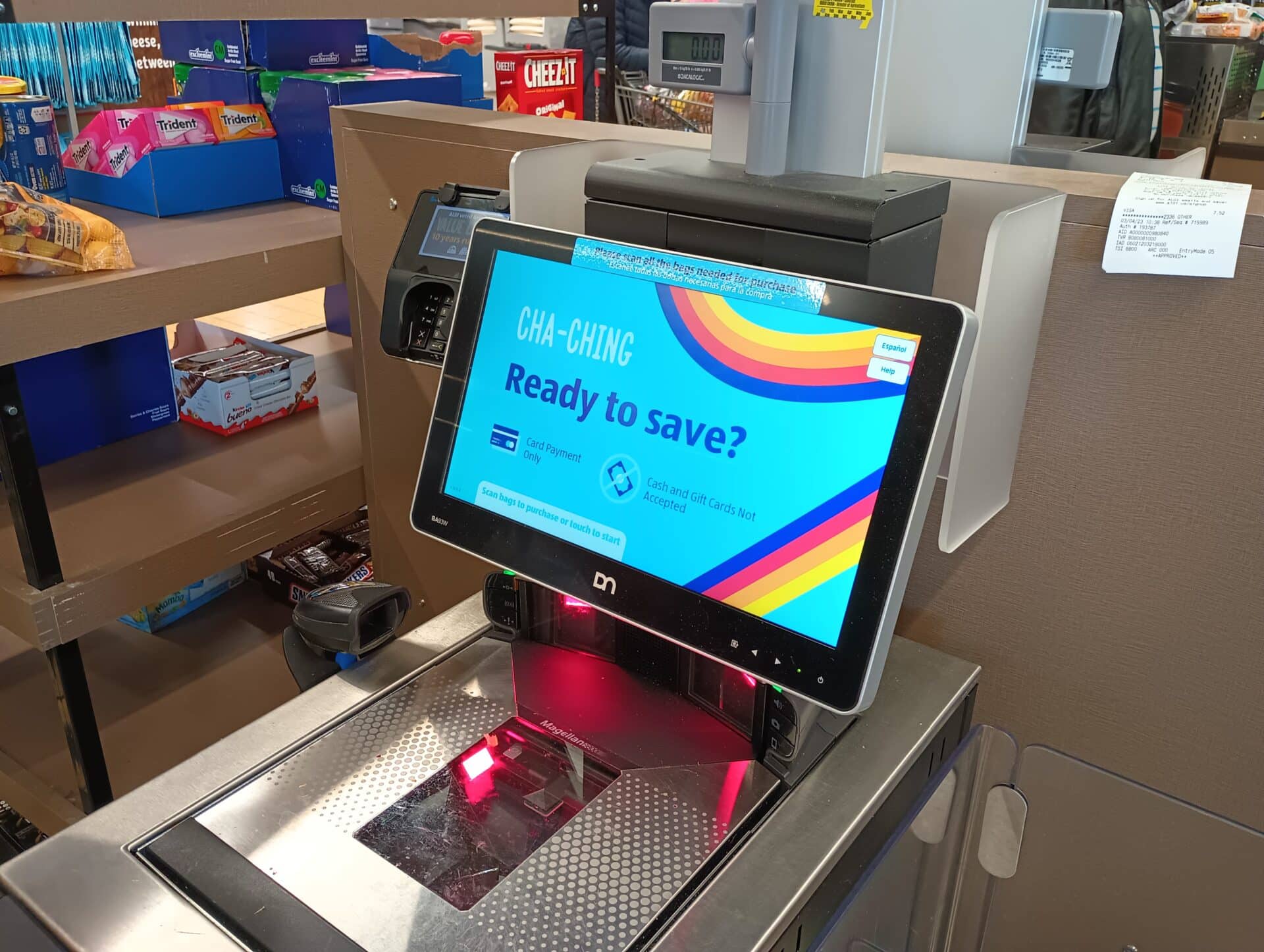Self-checkout machines have become a staple in many retail stores, offering a quick, tech-savvy way for customers to complete their purchases. However, despite their convenience, there’s growing speculation that some retailers, including Dollar Tree, might reconsider their use of self-checkout systems. While it might seem surprising to some, this potential shift carries several benefits for both the company and its shoppers.

Enhancing the Customer Experience
The simplicity of the Dollar Tree shopping experience is what draws many customers to the store. Self-checkout machines, while efficient, often come with their share of frustrations—unexpected item errors, complex prompts, or failed scans that leave shoppers searching for assistance. Eliminating these machines could mean a return to more personalized and seamless customer interactions.
Trained cashiers can process transactions with a human touch, identify and solve problems faster than a machine, and create a friendlier shopping atmosphere. For Dollar Tree, which caters to budget-conscious customers, this added focus on human service may help build stronger customer loyalty.
Reducing Maintenance Costs
Although self-checkout machines appear to save labor costs, they come with hidden overheads. Maintenance, software updates, and technical repairs can be expensive. If these costs are unexpectedly high for Dollar Tree, removing self-checkout systems could significantly reduce operational expenses.
By investing in cashiers instead of costly machinery, Dollar Tree might find a more straightforward way to streamline expenses while simultaneously improving store efficiency.
Preventing Theft
One of the major challenges retailers face with self-checkout systems is theft. A study by criminology experts revealed that theft incidents are significantly higher where self-service options are available. Shoppers can bypass scanning certain items or falsely input cheaper product codes, leading to revenue losses for the retailer.
By transitioning away from self-checkout machines, Dollar Tree could reduce these risks and ensure greater revenue protection. After all, while machines might not question skipped scans, trained employees are more adept at spotting irregularities and ensuring compliance.
Supporting Job Opportunities
Unlike self-checkout machines, employees do more than process transactions—they contribute to cleaning, monitoring, and providing guidance when customers shop. Expanding their workforce could simultaneously improve operations and support communities with job openings.
Many individuals prefer the cashier-led checkout process because it’s faster when run by experts. Additionally, this shift could reflect Dollar Tree’s commitment to sustaining jobs within local economies.
Encouraging Repeat Customers
When customers feel valued, they’re far more likely to return. The act of replacing self-checkouts with cashiers represents more than just a logistical change—it shows Dollar Tree is listening to customer preferences. For many, the simple act of interacting with a friendly cashier can enhance their shopping experience, transforming a mundane errand into a pleasant activity.
Improved experiences don’t just lead to immediate customer satisfaction; they secure long-term loyalty. By creating an environment where every transaction feels smooth and personable, Dollar Tree could see increased foot traffic and repeat business over time.
Adapting to Shoppers’ Needs
Retail is constantly evolving, and customer preferences are dynamic. If Dollar Tree does decide to phase out these machines, it may signal their ability to adapt to what shoppers truly want—a friction-free, efficient, and warm purchasing experience. Retail giants may incorporate new mechanisms or revert to tried-and-true human-driven systems when data demonstrates that it better serves their audience.
 icons at the top right corner of the subsection.
icons at the top right corner of the subsection.